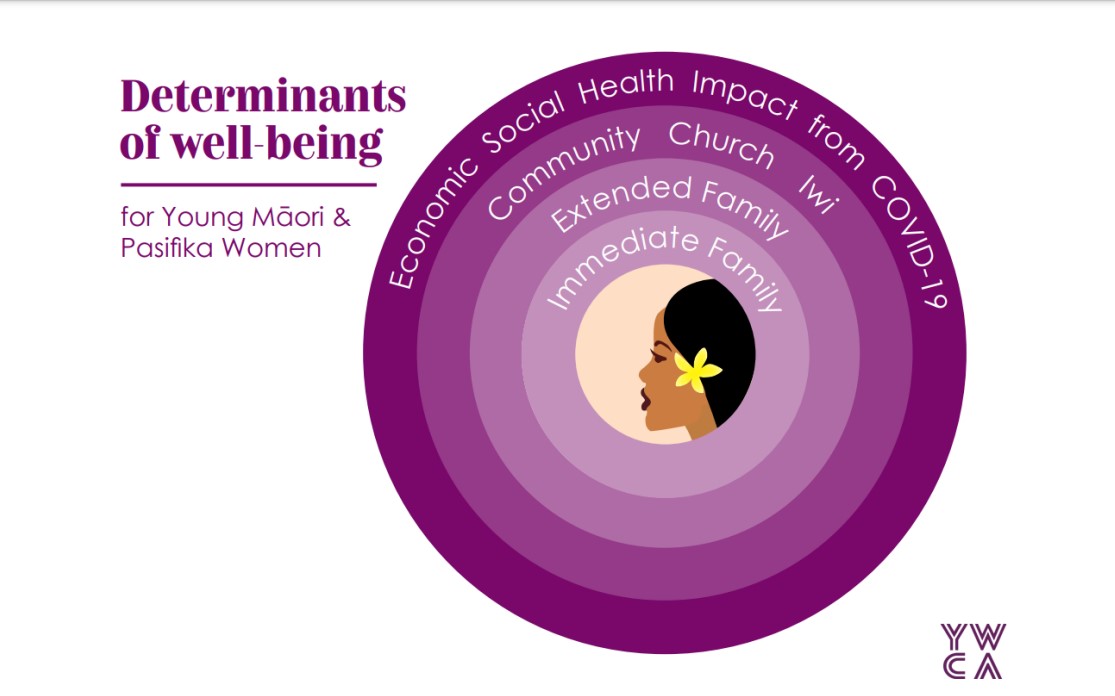Adult facilitators creating a space for children to co-design a toothbrushing game for improved oral health
Abstract
Introduction: The Pacific region has a serious problem of child dental caries, with negative health consequences. Urgent action is needed, including effective prevention in the form of toothbrushing. Efforts to encourage children to brush their teeth have focused on the idea that they have inadequate knowledge and motivation about oral health. However, contemporary health promotion theories indicate that ‘nudging’ or persuasion, and health promotion as ‘edutainment’ are also important strategies. In the case of oral health promotion for children this could include fun activities, such as the use of games.
The internet provides many tools and a platform for digital games to be created and accessed. This offers opportunities for children to be involved in co-designing and using digital games creating personalised approaches to oral health promotion. Adults are likely to play an important role in facilitating the process. This research project aimed to explore ideas about the role of adults as educational facilitators creating a space for children to be involved in the co-design of a digital toothbrushing game.
Methods: Participatory Action Research (PAR) methods were employed in this research emphasising partnership, creativity, and empowerment between researched and researcher offering a good fit with the project. Seven young adults, aged 21 – 30, were invited to undertake two PAR workshops to develop ideas for facilitating toothbrushing game co-design with children.
Results: The views and perspectives of the adult facilitators centred around five themes: What is a game? Introducing children to games; creating a space for children; children-centred membership; making learning fun and gainful for children. The themes emphasize creating a child-centred space where children’s voices and views in co-designing games are heard and respected.
Conclusion: The study proposed that collaborating with children in a partnership setting provides opportunities for adult facilitators to address power imbalances and foster a child-centred approach to oral health promotion activities. Child-centred approaches, including co-design and use of digital tools and games, where children participate in partnership and express their views and voices in oral health programmes, should be further explored.
Keywords: Participatory action research, child co-design, toothbrushing game, oral health promotion, school oral health, child digital prosumers, serious games


Copyright (c) 2024 Daniel Fernandez, Cath Conn, Jennifer Nikolai

This work is licensed under a Creative Commons Attribution 4.0 International License.


